On the afternoon of July 10, the discussion "Comments on the draft Law on Higher Education : Keep or abolish the 2-level school council?" organized by Ho Chi Minh City Law Newspaper recorded many diverse opinions on the regulations on organizing school councils in member schools of national universities and regional universities.
According to Article 13, Draft 2 of the Law on Higher Education (amended), higher education institutions under the Ministry of National Defense, the Ministry of Public Security and member universities of national universities and regional universities will not organize school councils.
Need to consider carefully
Mr. Dinh Duc Tho, Deputy Editor-in-Chief of Ho Chi Minh City Law Newspaper, said that university education plays a fundamental role in the country's socio -economic development and international integration process.
In that context, the policy of promoting university autonomy has been and is being strongly implemented. The goal is to improve operational efficiency, optimize resources, and improve training quality to meet the increasingly stringent requirements of the labor market and the global integration process.
However, to effectively implement autonomy, an appropriate governance system is needed. Currently, national and regional universities in Vietnam are applying a two-level governance model: the University Council at the system-wide level and the University Council at each member university. In theory, this model is built to connect the overall strategic direction of the entire university with the autonomy of each member university.
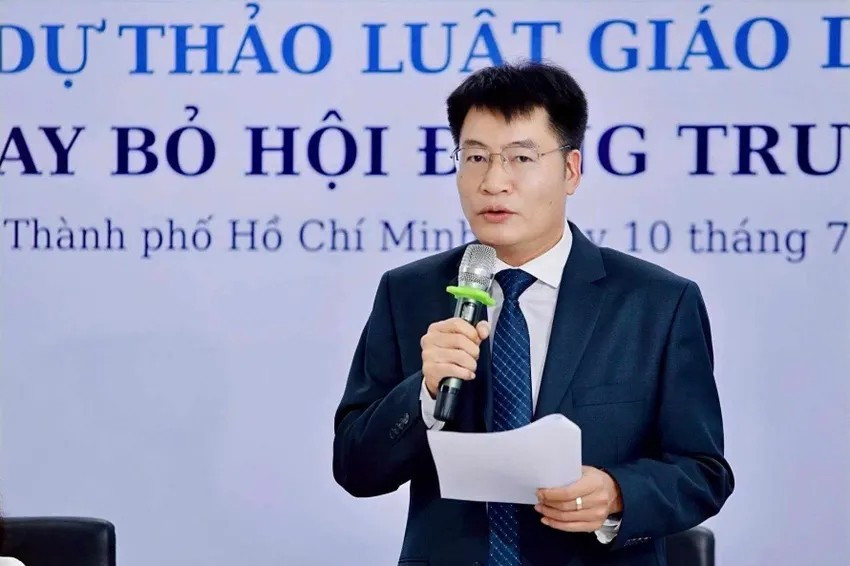
However, in practice, the parallel existence of two levels of councils has raised many concerns about overlap in management, decision-making mechanisms and limited autonomy.
Therefore, according to Mr. Tho, the regulation in the Draft Law on Higher Education (amended) regarding not organizing a School Council at the member school level needs to be considered very carefully.
"This adjustment is not only an organizational change, but a strategic decision that directly affects the real autonomy, decision-making mechanism and individual development of each university, while also having a profound impact on the quality of human resource training for the country," said Mr. Tho.
Many school boards are effective.
In the opening speech of the seminar, Prof. Dr. Le Minh Phuong, Chairman of the University Council of the University of Technology (Ho Chi Minh City National University) shared the clear results in implementing the University Council model at this unit, thereby emphasizing the essential role of the governance mechanism in the process of university autonomy.
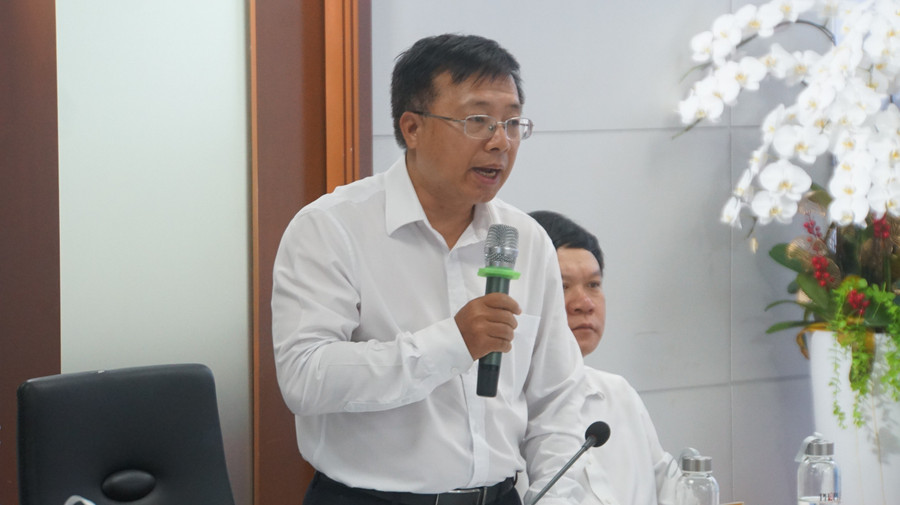
According to Mr. Phuong, since 2020, Ho Chi Minh City University of Technology is the first unit in the Ho Chi Minh City National University system to organize a University Council in accordance with the provisions of the 2018 Law on Higher Education.
The Council consists of 25 members, representing the school, businesses, alumni and independent experts. The mechanism operates periodically, publicly and adopts strategic decisions by voting.
The impact of the new governance mechanism has brought about concrete and positive results in training, accreditation, international rankings, scientific research, infrastructure development, etc.
Another highlight is that the school has implemented complete autonomy in tuition fees, publicized fee schedules and transparent scholarship support policies. The total annual operating budget is about 900 billion VND.
According to Professor Phuong, the University of Technology has successfully implemented the university autonomy model in both depth and breadth. Autonomy is not only reflected in organization and finance, but also in academics, research and social responsibility. The school is a typical model of comprehensive and effective university autonomy.
Prof. Dr. Le Minh Phuong also said that in the context of many fluctuations in the international situation, along with the current implementation practices at higher education institutions, the development of the Law on Higher Education (amended) with many new points will have a strong impact on schools, lecturers and learners.
Therefore, Mr. Phuong said that it is necessary to review the provisions in Article 13 of the Draft Law, in the direction of retaining the University Council for member universities of national universities and regional universities.
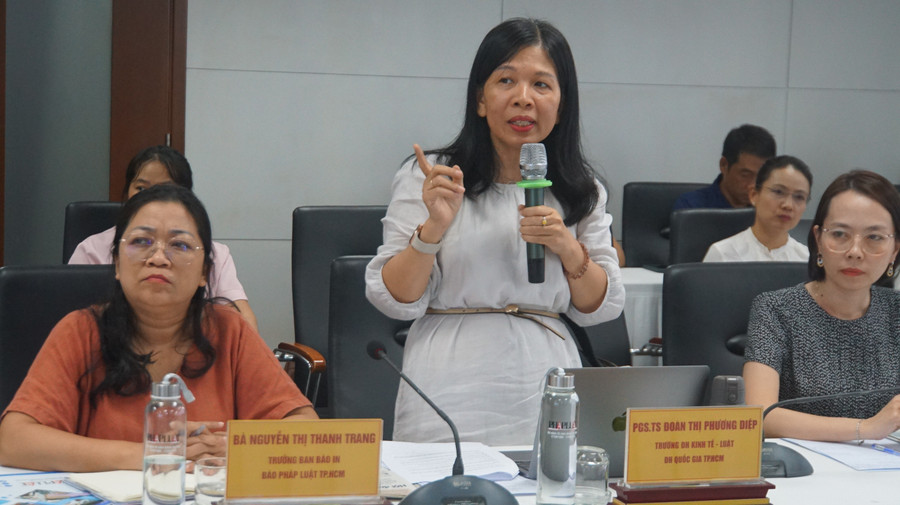
Sharing the same view, Associate Professor Dr. Doan Duc Luong, Principal of the University of Law, Hue University, said that maintaining the University Council at member universities is an indispensable institution in the current university governance model.
According to Mr. Luong, member universities are true higher education institutions, fully performing functions and tasks like any other university in the system.
Therefore, the School Council needs to be maintained as an essential element, ensuring autonomy, transparency and efficiency in school management and development.
Proposal to clearly define the role of institutions
Many experts share the same opinion with Prof. Dr. Le Minh Phuong and Assoc. Prof. Dr. Doan Duc Luong, saying that maintaining the University Council at member universities is necessary to ensure efficiency in governance and operation.
Without a University Council at the member university level, all important work would be “pushed” to the national or regional university council.
According to experts, this can easily lead to a "congestion" in the process of solving work, due to the large amount of work concentrated at the top level.
Besides opinions supporting the maintenance of the University Council at member universities, some experts also pointed out the shortcomings in the "two-level university council" model currently being applied at national universities.
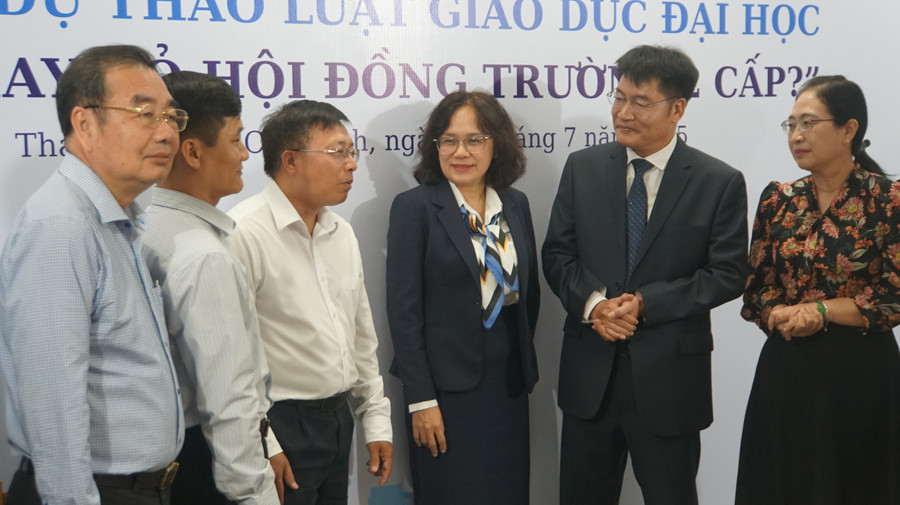
Under current regulations, the National University Council is responsible for deciding on overall development strategies, allocating finances, appointing senior personnel and coordinating inter-university industry-linked programs.
Meanwhile, the University Councils at member universities are responsible for managing daily operations, deciding on important issues regarding training, scientific and technological research, and building individual development strategies for each university.
However, in reality, some opinions say that the authority between the two council levels is not yet clearly defined, leading to overlap or "stepping on each other's toes" in some activities.
This makes it difficult for member schools to autonomously decide on specific issues, as well as to build and implement breakthrough strategies suitable to their own capacities and strengths.
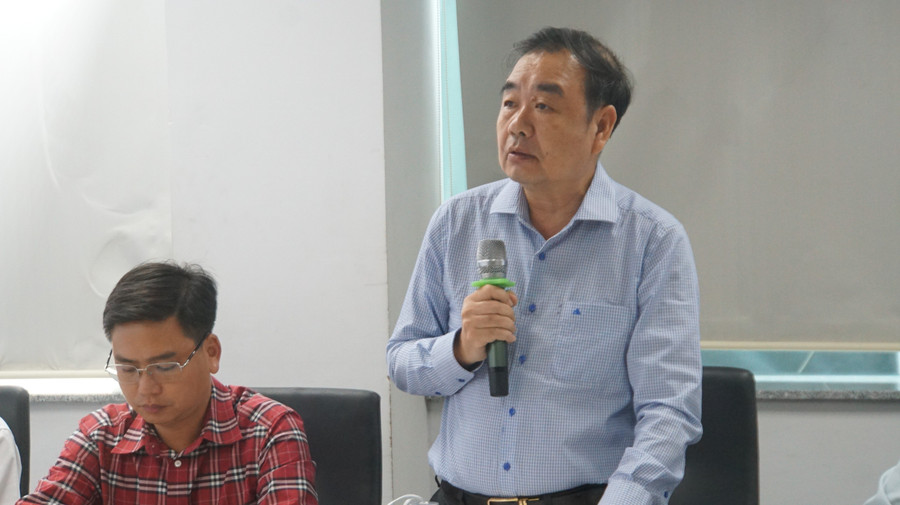
Contributing to the discussion, Associate Professor Dr. Le Vu Nam - Vice Principal of the University of Economics and Law (Ho Chi Minh City National University) said that it is necessary to clearly legalize the roles between institutions in the university, including: Party Committee, University Council and Board of Directors.
This is the basis for ensuring transparency and efficiency in university governance and promoting the real autonomy of educational institutions.
According to Mr. Nam, in order for the School Council to operate effectively, it is necessary to add the function of questioning the Board of Directors, helping to increase transparency and accountability in school management.
Along with that, he proposed that it is necessary to clearly define financial resources to maintain the operation of the School Council.
On June 26, the Ministry of Education and Training announced draft 2 of the Law on Higher Education (amended) on the Ministry's electronic information portal to collect comments as prescribed.
The draft Law consists of 9 chapters and 54 articles, built closely following the Party's policies, in accordance with the Constitution, international treaties and domestic practices; ensuring inheritance, development and creation of a legal corridor for innovation and development of higher education.
Source: https://giaoducthoidai.vn/nhieu-gop-y-ve-thiet-che-hoi-dong-truong-cua-truong-dai-hoc-thanh-vien-post739243.html




![[Photo] Many people eagerly await the preliminary review despite heavy rain](https://vphoto.vietnam.vn/thumb/1200x675/vietnam/resource/IMAGE/2025/8/27/4dc782c65c1244b196890448bafa9b69)
![[Photo] Brilliant red of the exhibition 95 years of the Party Flag lighting the way before the opening](https://vphoto.vietnam.vn/thumb/1200x675/vietnam/resource/IMAGE/2025/8/27/e19d957d17f649648ca14ce6cc4d8dd4)

![[Photo] Prime Minister Pham Minh Chinh chairs meeting of National Steering Committee on International Integration](https://vphoto.vietnam.vn/thumb/1200x675/vietnam/resource/IMAGE/2025/8/26/9d34a506f9fb42ac90a48179fc89abb3)



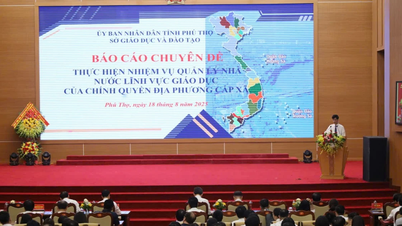
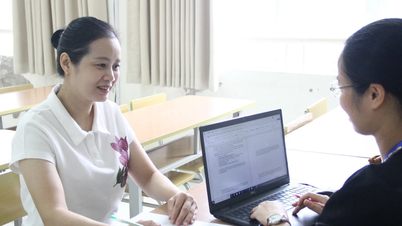
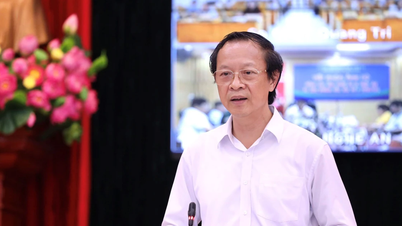
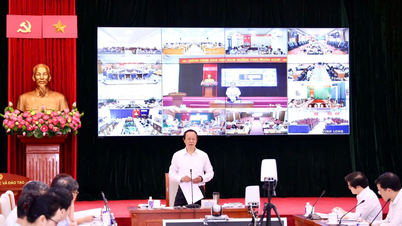
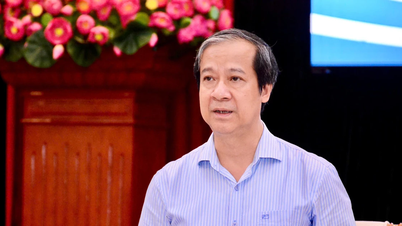
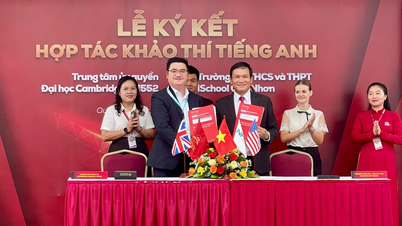

















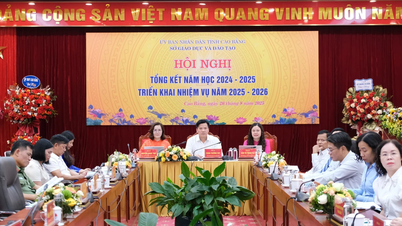































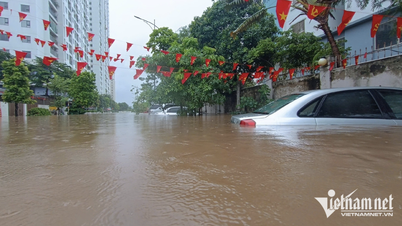
![[Photo] General Secretary To Lam attends Meeting with generations of National Assembly deputies](https://vphoto.vietnam.vn/thumb/402x226/vietnam/resource/IMAGE/2025/8/27/a79fc06e4aa744c9a4b7fa7dfef8a266)




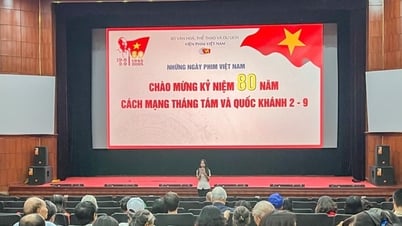


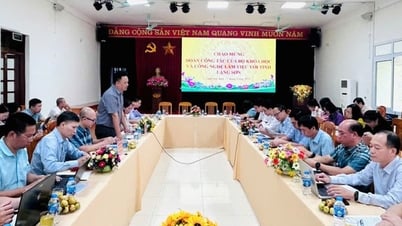







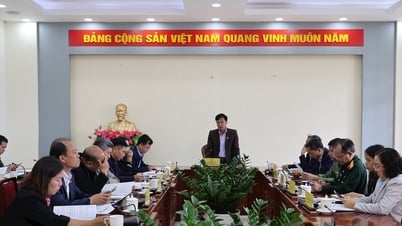



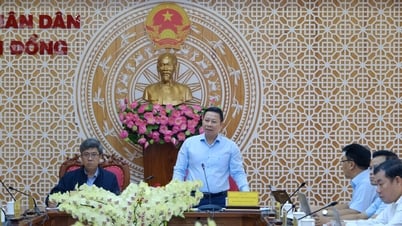















Comment (0)